Energy-saving design of slitter: improve energy efficiency and reduce operating costs
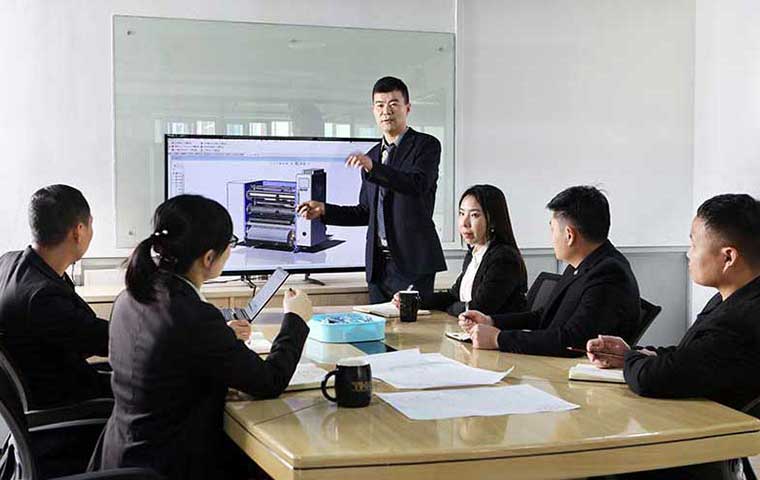
In the current context of advocating green production and sustainable development, slitting machine manufacturers have integrated the concept of energy saving into product design, and are committed to providing fast and energy-saving slitting equipment. By optimizing the design and adopting advanced technologies, these manufacturers not only improve the energy efficiency of their equipment, but also significantly reduce the operating costs of their users.
Features of energy-efficient design
1. Fast motor: Adopt a fast rate motor, such as a permanent magnet synchronous motor or a variable frequency speed regulating motor, to reduce energy consumption and improve operating efficiency.
2. Control system: Integrate advanced sensors and control systems to achieve accurate control of the cutting process and reduce energy waste. For example, the cutting speed and pressure are automatically adjusted to ensure energy efficiency.
3. Low friction design: optimize the mechanical structure, reduce the friction between moving parts, reduce losses, and prolong the service life of the equipment.
4. Energy saving mode: Set the energy saving mode to automatically reduce power consumption during off-peak hours or standby state to further save energy.
5. Waste recycling system: Equipped with a fast waste collection and treatment system, which is convenient for the centralized processing and recycling of waste and reduces the waste of resources.
Advantages of energy-efficient design
1. Reduced operating costs: Significantly reduce operating costs by improving energy efficiency and reducing the consumption of electricity and other energy sources.
2. Enhance the corporate image: The use of energy-saving equipment helps to enhance the green image of the enterprise, meet the requirements of sustainable development, and market competitiveness.
3. Comply with regulatory requirements: Meet increasingly stringent regulations and standards to avoid fines and legal risks caused by non-compliance.
4. Extend the life of the equipment: The optimized design and fast operation reduce the wear and tear of the equipment, prolong the service life, and reduce the cost of maintenance and replacement.
5. Improve the working environment: The design of low noise and low emissions improves the working environment and improves the working comfort and productivity of employees.
Practical examples
A packaging material manufacturer faces the problems of high energy consumption and high operating costs when using traditional slitting machines. After introducing the products of a slitter manufacturer with an energy-saving design, the company found that the new equipment not only consumed significantly less energy, but also operated more reliably and reliably. Through the application of control systems and fast motors, the company has saved a lot of energy bills in one year, and the introduction of the waste recycling system has also made efficient use of resources, further reducing operating costs.
summary
By integrating energy-saving concepts into product design, using technologies such as fast motors, control systems, and low-friction designs, slitter manufacturers have significantly improved the energy efficiency of their equipment and reduced operating costs. This design not only meets the requirements of sustainable development, but also enhances the market competitiveness and social image of the enterprise.
Recent Post
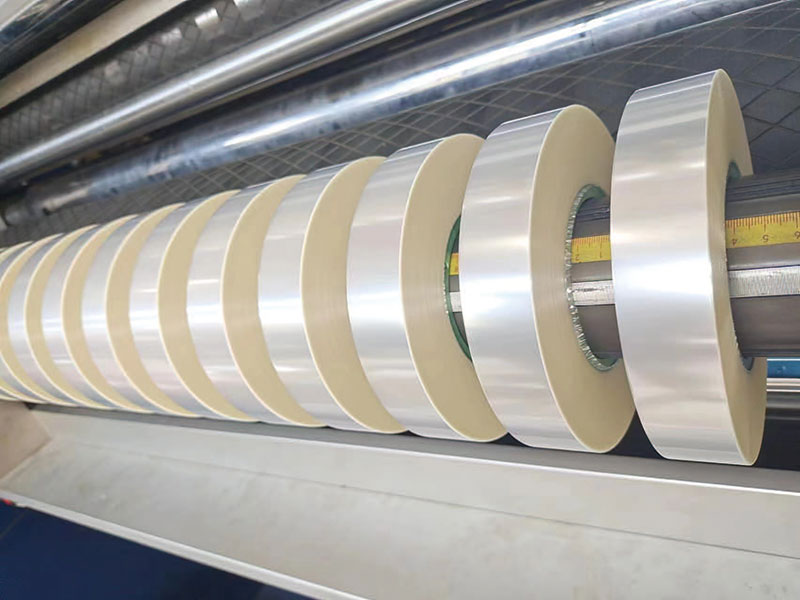 An overview of the slitter's functions: from basic operations to advanced cutting techniques
An overview of the slitter's functions: from basic operations to advanced cutting techniques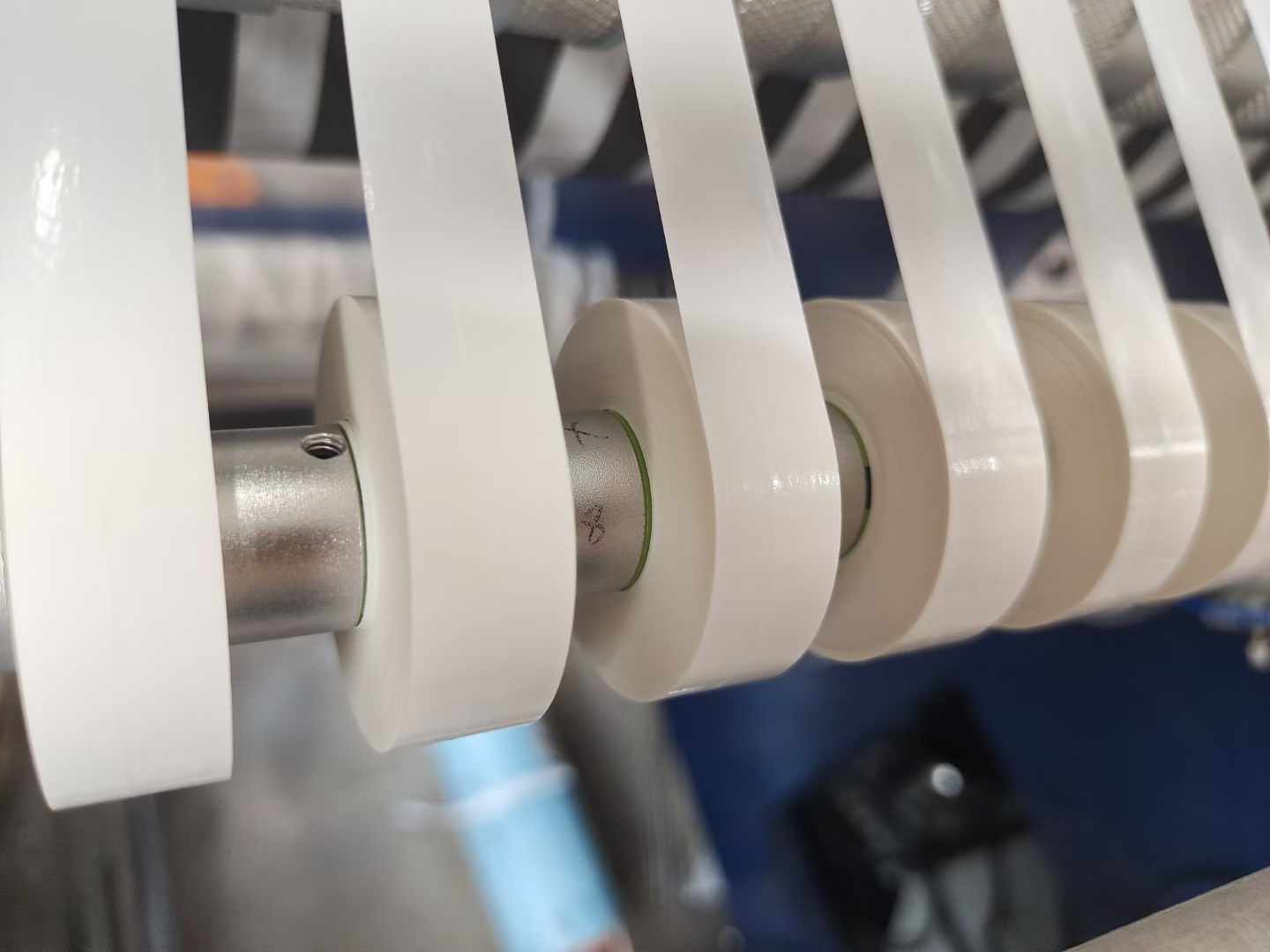 Industry adaptability of slitter machine: a wide range of uses from packaging to new energy
Industry adaptability of slitter machine: a wide range of uses from packaging to new energy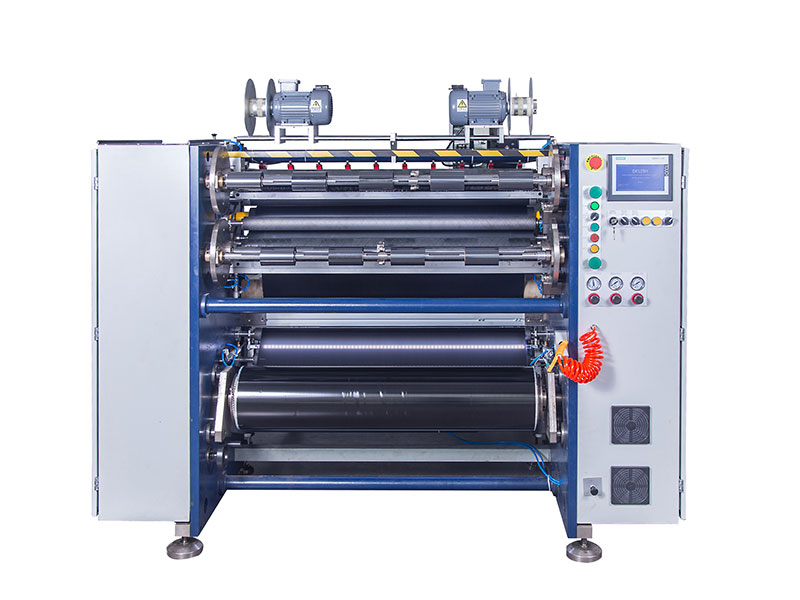 Analysis of the core functions of the slitting machine: automatic deviation correction, tension control and waste edge recovery
Analysis of the core functions of the slitting machine: automatic deviation correction, tension control and waste edge recovery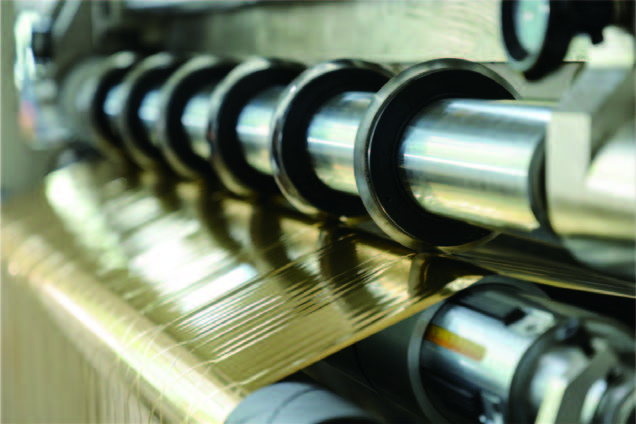 High-precision cutting: How does the slitting machine achieve the ultimate slitting accuracy of ±0.1mm?
High-precision cutting: How does the slitting machine achieve the ultimate slitting accuracy of ±0.1mm?
Related Product
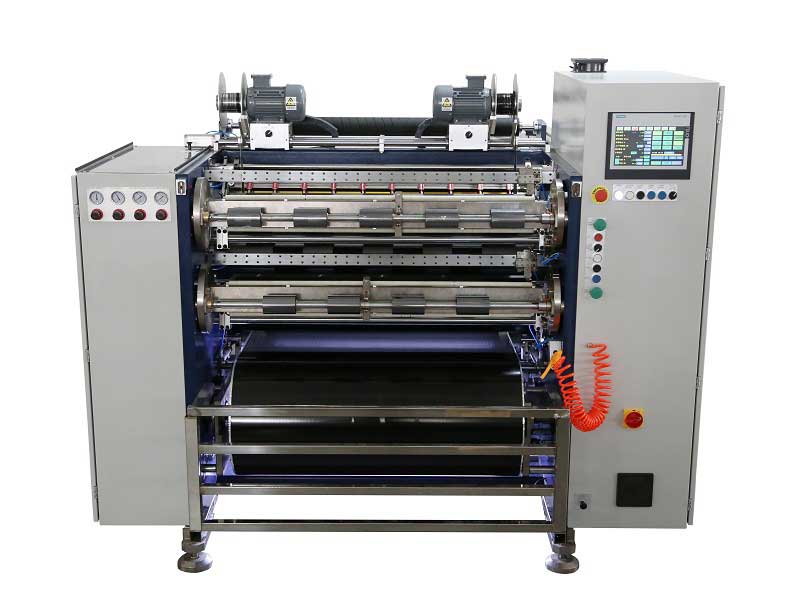 Automatic Thermal Transfer Ribbon Slitting Machine RSDS8 H PLUS
Automatic Thermal Transfer Ribbon Slitting Machine RSDS8 H PLUS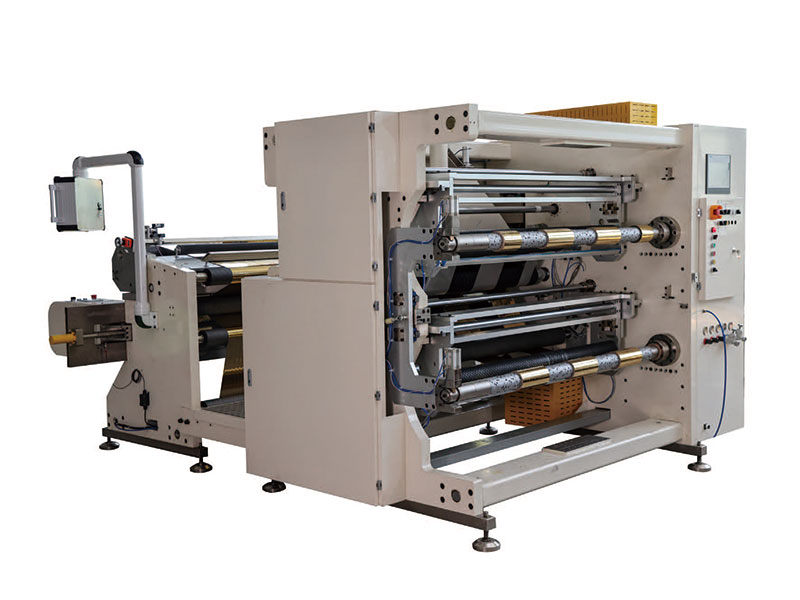 1400mm Hot Stamping Foil Slitting Machine
1400mm Hot Stamping Foil Slitting Machine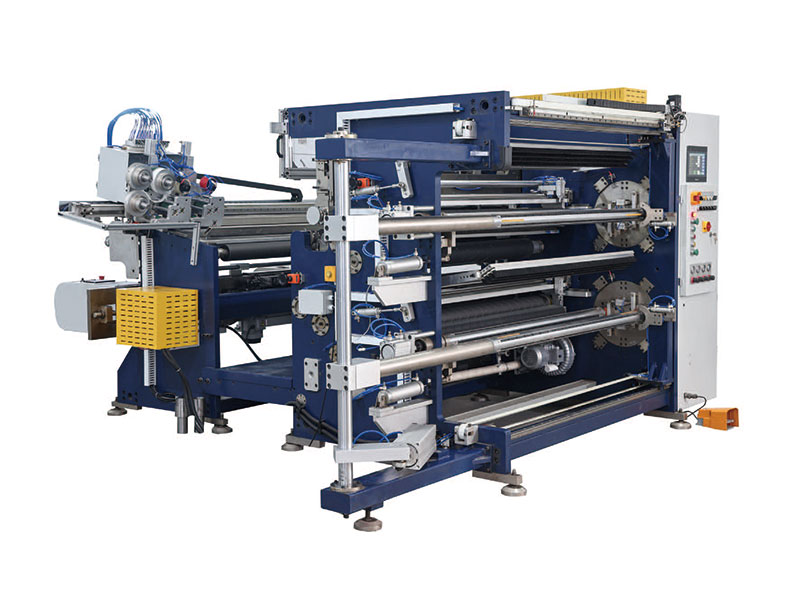 1350mm Hot Stamping Foil Slitting Machine
1350mm Hot Stamping Foil Slitting Machine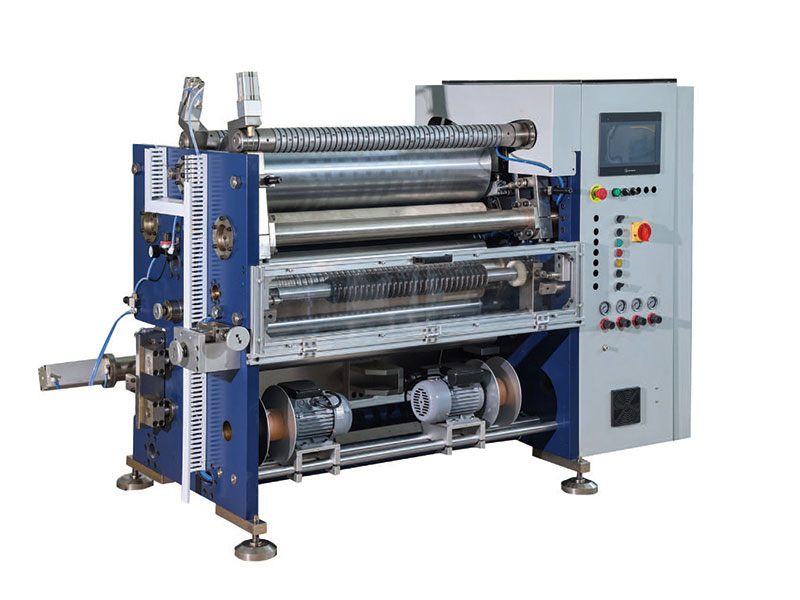 800mm Hot Stamping Foil Slitting Machine
800mm Hot Stamping Foil Slitting Machine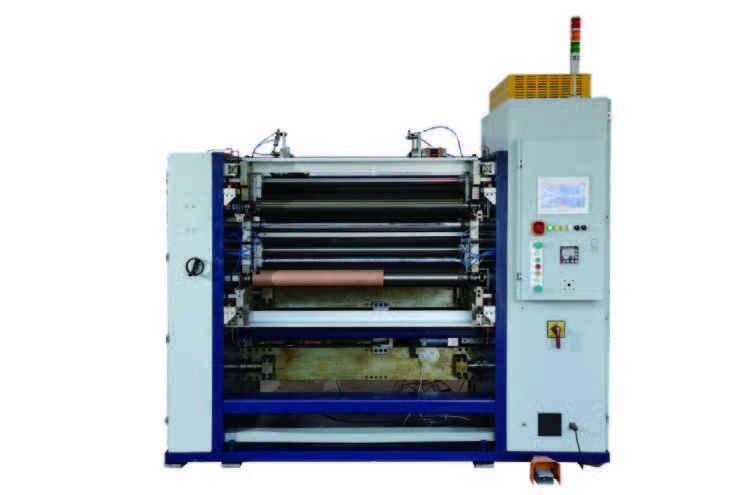 New Energy Ultra-thin Film Slitting Machine For Capacitive Film
New Energy Ultra-thin Film Slitting Machine For Capacitive Film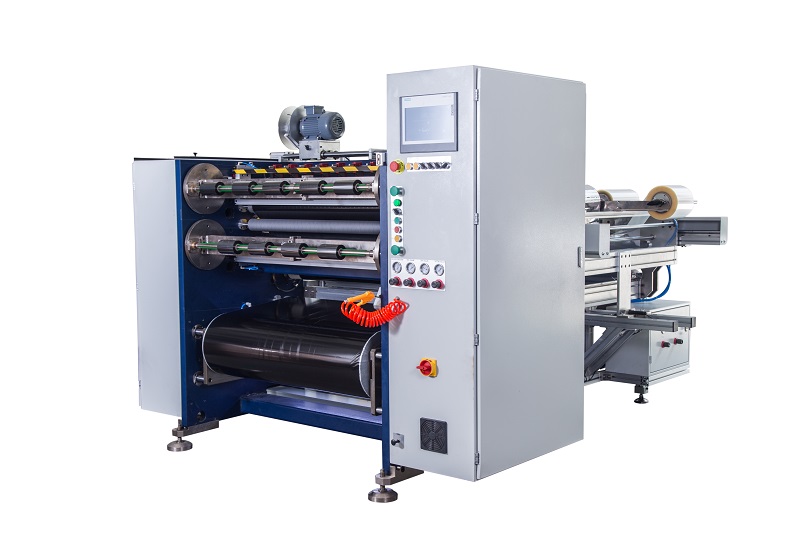 Semi Automatic Thermal Transfer Ribbon Slitting Machine RSDS5 PLUS
Semi Automatic Thermal Transfer Ribbon Slitting Machine RSDS5 PLUS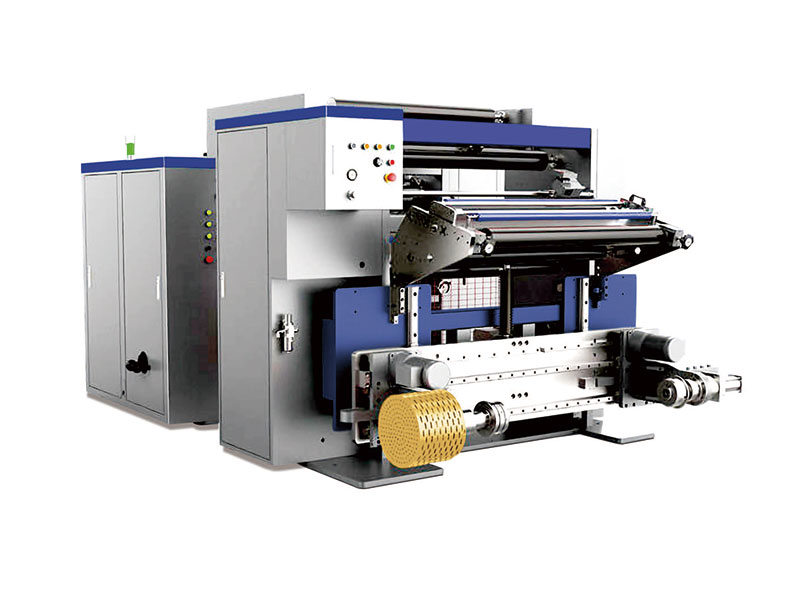 High Speed Slitting Machine
High Speed Slitting Machine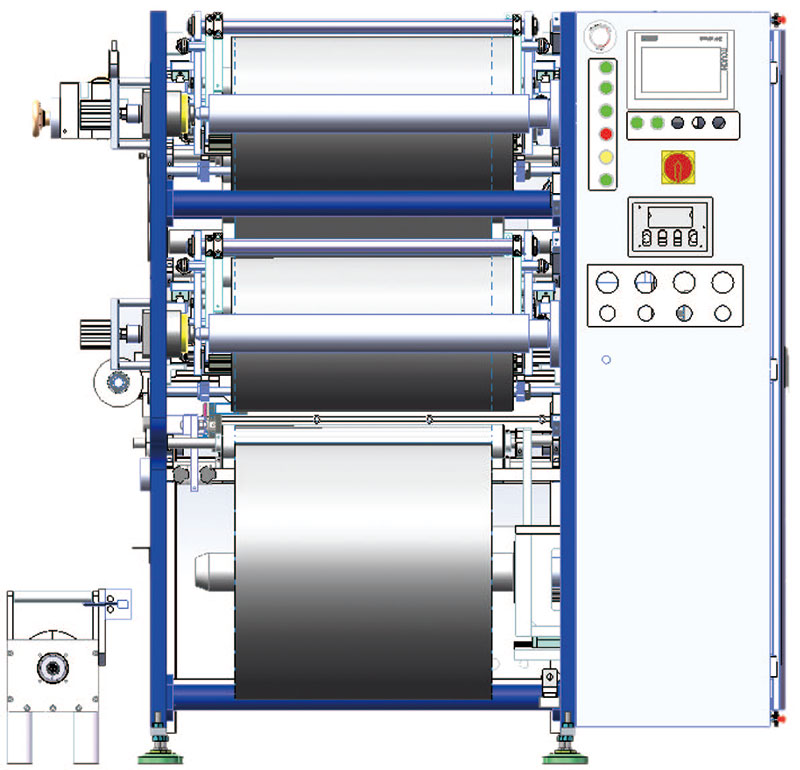 Customerized Slitter
Customerized Slitter


